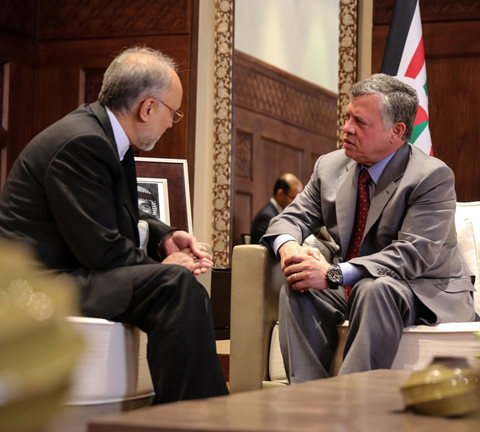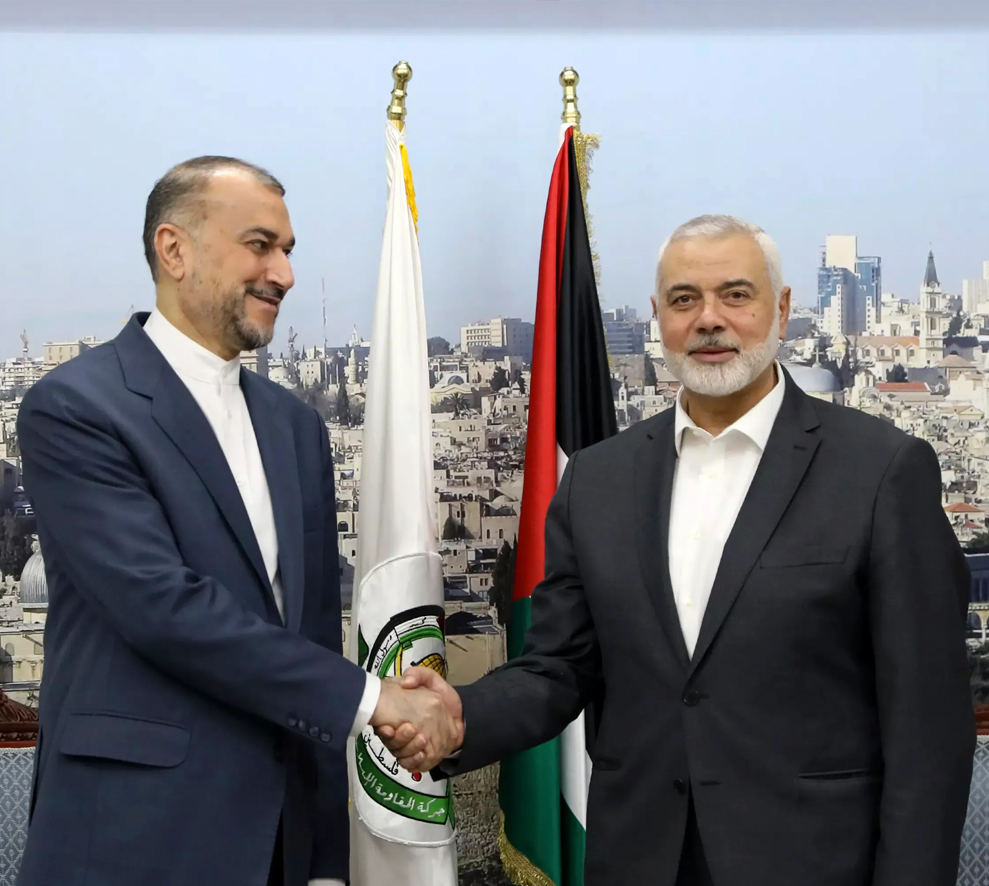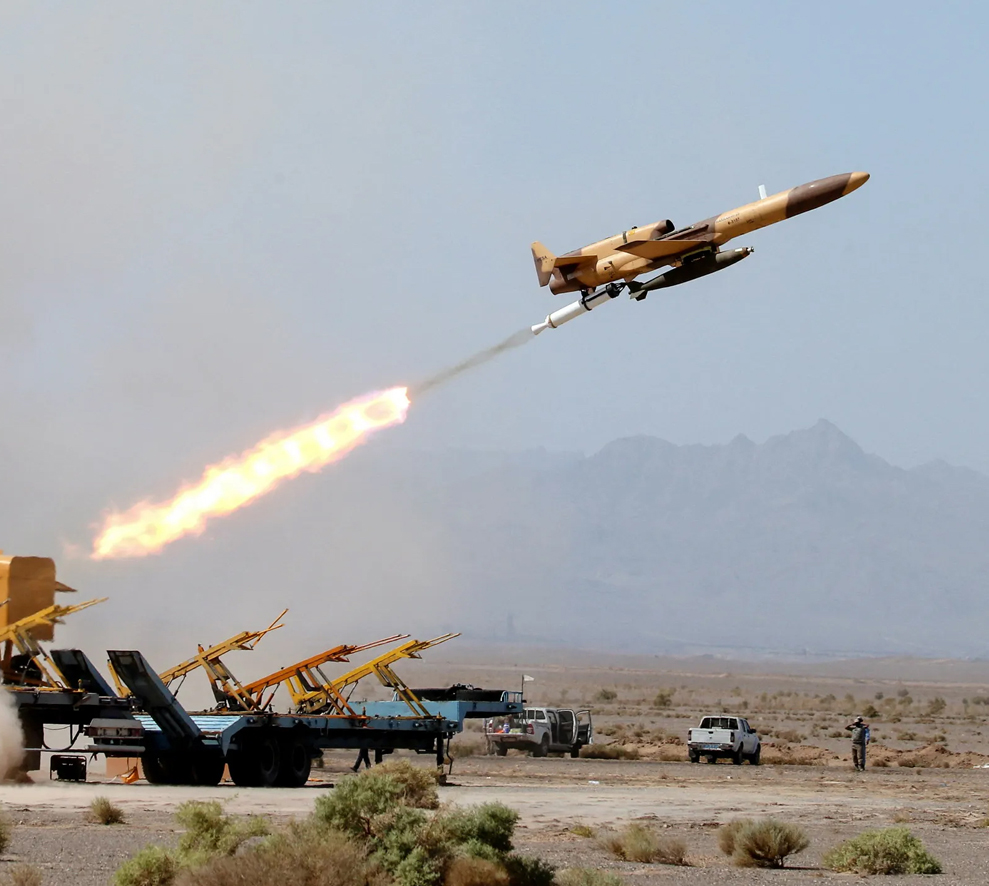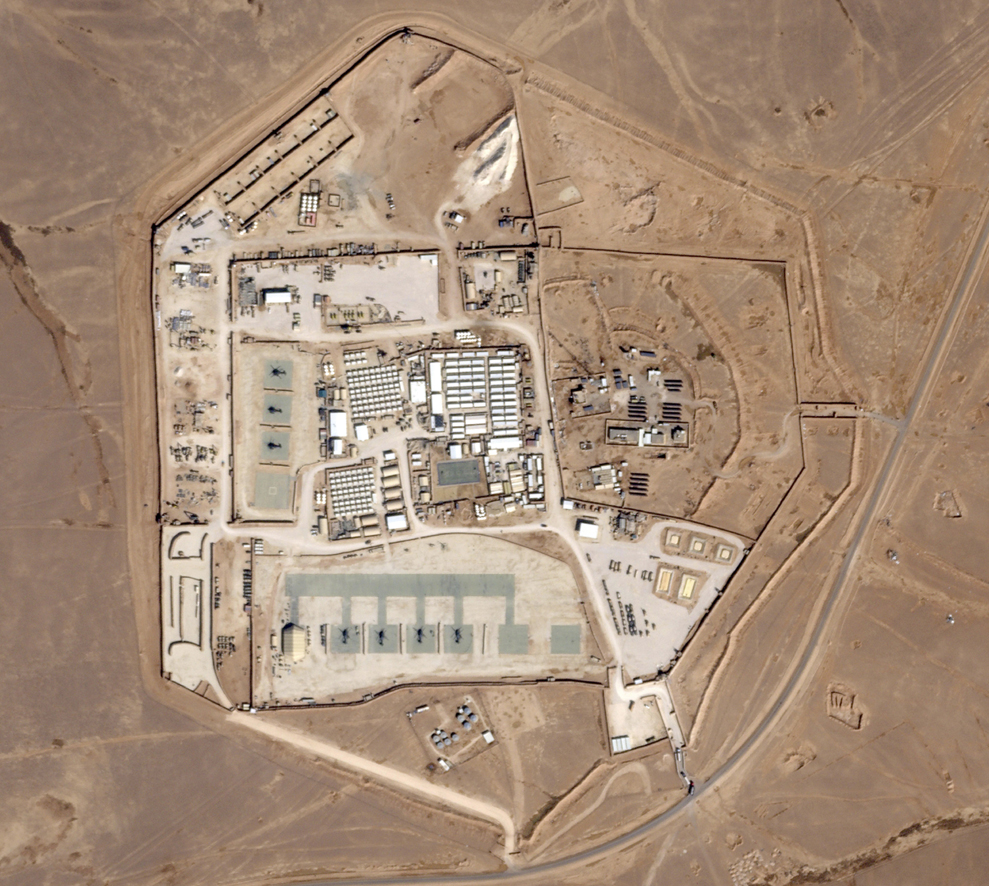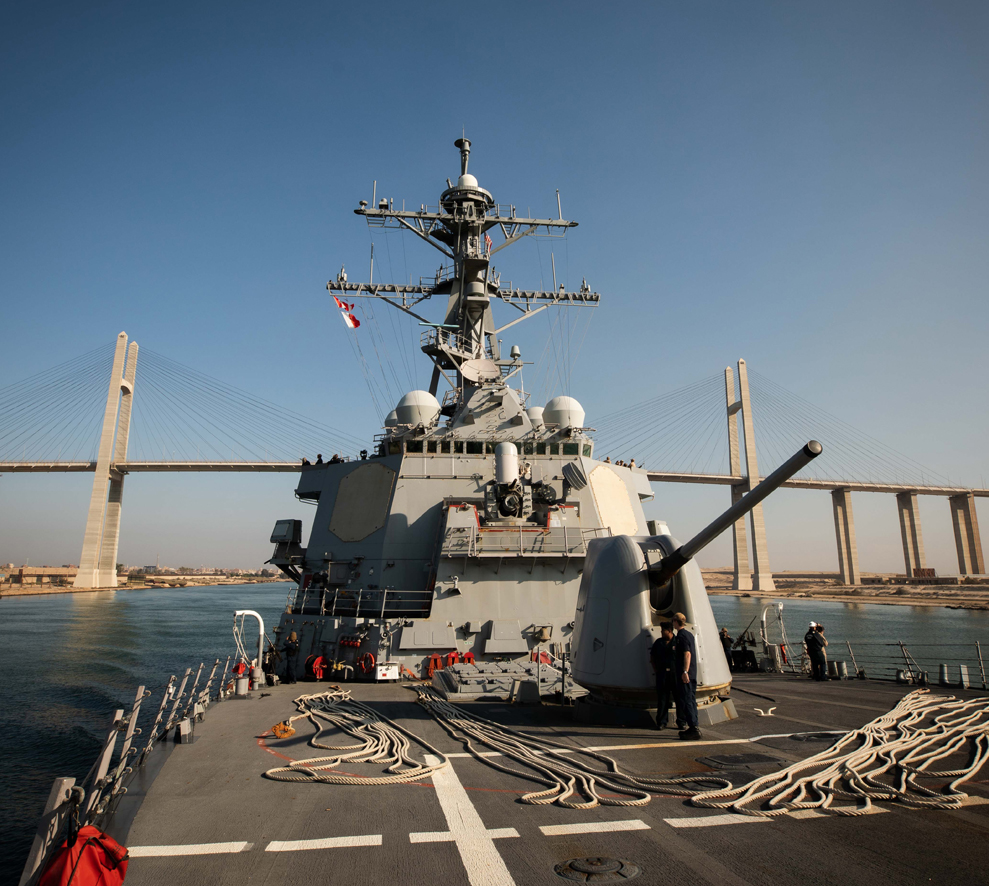The phone call between the Iranian Foreign Minister, Hossein Amir-Abdollahian, and his Jordanian counterpart, Ayman Safadi, which took place on October 12, represents the most prominent developments in Jordanian-Iranian relations, besides being one of the latest paths of reconciliation and friendliness in the Middle East. In addition, the Iranian Foreign Ministry statement shows Tehran's desire to build friendly and close ties on the basis of mutual respect with the countries of the region, as well as enhancing relations between the two countries by benefiting from the economic and commercial opportunities and possibilities in the region.
Therefore, this paper seeks to explore the Iranian attempts to mend its relations with Jordan, in terms of the motives and variables through which the Iranian position can be read, as well as the prospects for relations between the two countries.
First Signs of the Relationship: Dimensions and Variables
Perhaps the first factor that shaped relations between countries of the region was US President, Joe Biden, assuming office at the White House after four years under his predecessor Donald Trump's leadership, during which the countries of the region witnessed instability in their relations and a tendency towards competition and escalation. One of the main reasons was the American withdrawal from the 2015 Nuclear Agreement and the implementation of the "maximum pressure” policy.
Biden, however, appears to be more aware of the nature of regional relations, and more inclined to use diplomatic frameworks as a means to resolve disputes and conflicts in the region. Therefore, while the United States returns to rapprochement with Iran in an effort to save the nuclear agreement, or the Joint Comprehensive Plan of Action, after several rounds in Vienna, Jordan is urging to receive the Iranian messages positively. Jordan, for example, supports resuming talks with Iran over its nuclear program, which Foreign Minister Ayman Safadi described as a "permanent solution to tensions" during the Stockholm Initiative for Nuclear Disarmament Ministerial meeting.
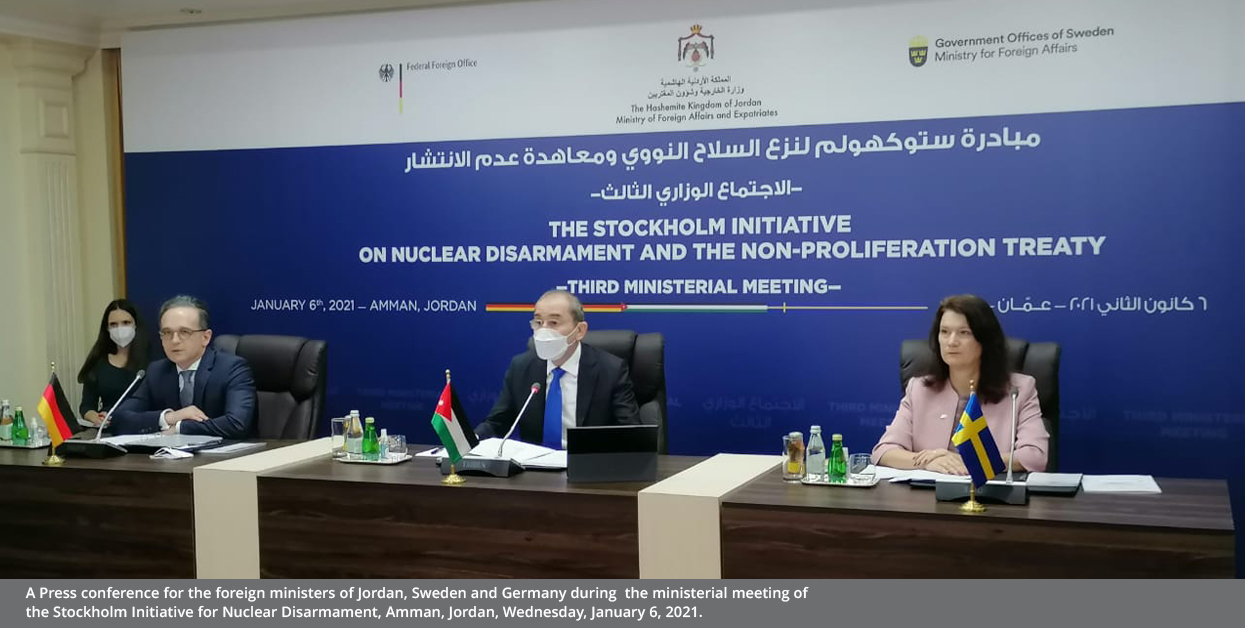
It is noteworthy that, unlike the Gulf states and Israel at the time, Jordan welcomed the 2015 nuclear agreement, as Amman sees such an agreement as a gateway to enhance security and stability in the region.
On the other hand, Jordan has demonstrated its ability to play an active role in the region, following its steadfast opposition to the policies of former US President Donald Trump, particularly those related to his vision of settling the Palestinian cause, called “the Deal of the Century”. Thus, Jordan reaped the benefits of its patience through its active diplomacy with neighboring countries, specifically with Iraq and Syria, which we will discuss later.
Iran and Countries of the Region: Positive Talks and Messages
Iran's rapprochement with Jordan did not contradict the new Iranian foreign policy following reports of Iranian-Saudi talks hosted in Iraq, suggesting a rapid normalization of relations between the two nations. As the Iranian Foreign Minister put it, talks were "on the right track," while the Saudi Foreign Minister, Faisal bin Farhan, described the talks as “friendly” and said that “we are open to continuing.”
Analysts believe that the Iranian-Saudi talks could signal a possible Iranian rapprochement with Egypt and the United Arab Emirates. One way or another, this path is related to wider regional rapprochement efforts between Turkey, on the one hand, and the Gulf states and Egypt on the other.
Hence, the Iranian attempt at rapprochement with Jordan fits within a broader framework of regional friendship. This is in light of the political orientation of the countries of the region towards building positive relations and forming new balances and alliances, through which they can adopt an equation that is commensurate with their political and economic interests, after a decade of managing competitive relations, which has proven to be futile. Tehran, as expressed by the Iranian Foreign Ministry statement above, supports regional dialogue and cooperation free of foreign interference, considering that “enhancing relations among countries of the region is an element that provides the necessary conditions for economic prosperity and stability in the region.” The transformation of regional relations is therefore favorable to Jordan, which has always sought to establish peace and stability in the region after its countries faced fears of a Saudi-Iranian, or Israeli-Iranian military escalation. This is especially true since Amman has experienced instability along its borders with Iraq and Syria, as well as refugee crises, and the proliferation of terrorism and violence that can be curbed by changing Iran's behavior, and by ending the harmful competition in the Middle East.
Jordan and the diplomatic activity towards Iraq and Syria
It is evident to observers that Jordan's foreign policy has become increasingly focused on the return of its natural markets in Syria and Iraq. According to several reports, restoring relations between Amman and Damascus was on His Majesty King Abdullah II bin Al Hussein's agenda during his visit to Washington back in July. In particular, Amman seeks an exemption from US sanctions on dealing with the Syrian regime, also known as Caesar's sanctions, as well as the return of Syria to the Arab League.
Several events have taken place recently regarding the development of Jordanian-Syrian relations, including the reopening of the Jaber border crossing between the two countries. Additionally, a Syrian delegation, consisting of the ministers of economy, foreign trade, water resources, agriculture, and electricity, visited Amman and held meeting for two days aimed at strengthening bilateral relations. Moreover, the Syrian Minister of Defense, Ali Abdullah Ayoub, also met with the chairman of the Joint Chiefs of Staff of Jordan, Youssef Al-Hunaiti. Furthermore, His Majesty the King received a phone call from Syrian President Bashar Al-Assad.
In another context, Jordanian-Iraqi relations are seeking to achieve economic integration in which Jordan and Iraq, along with Egypt, will be engaged in a tripartite partnership for development, which is supposed to play a major role in enhancing stability in Iraq and increasing development opportunities for Jordan and Egypt.
In fact, with its rapprochement with Iraq and Syria, Jordan's foreign policy once again opens wide channels of communication with Iran, and puts Iran's influence in both countries on the table, and makes discussing controversial issues a necessity to ensure the success of Jordan's efforts to sort out its relations with Baghdad and Damascus.
On the other hand, Tehran has become more aspiring to Jordan in light of its efforts to bring the two powers closer in the Syrian arena (the United States and Russia), where Iran's interest requires the return of stability to Syria in order to ease the great financial burden on Tehran, as well as for Syria to restore normal relations with Arab countries.
In the same vein, the chances of success of Iranian rapprochement with Jordan increase in direct proportion to the Jordanian-Iraqi relations, if the next Iraqi government continues the mediation approach between Iran and the Arab countries, such as hosting the Saudi-Iranian talks. This was confirmed by Iraq's hosting of the “Baghdad Conference for Cooperation and Partnership”, where the participants agreed that “the countries of the region should deal on the basis of joint cooperation and mutual interests, and in accordance with the principles of good neighborliness, the non-interference in the internal affairs of states, as well as respect for national sovereignty”.
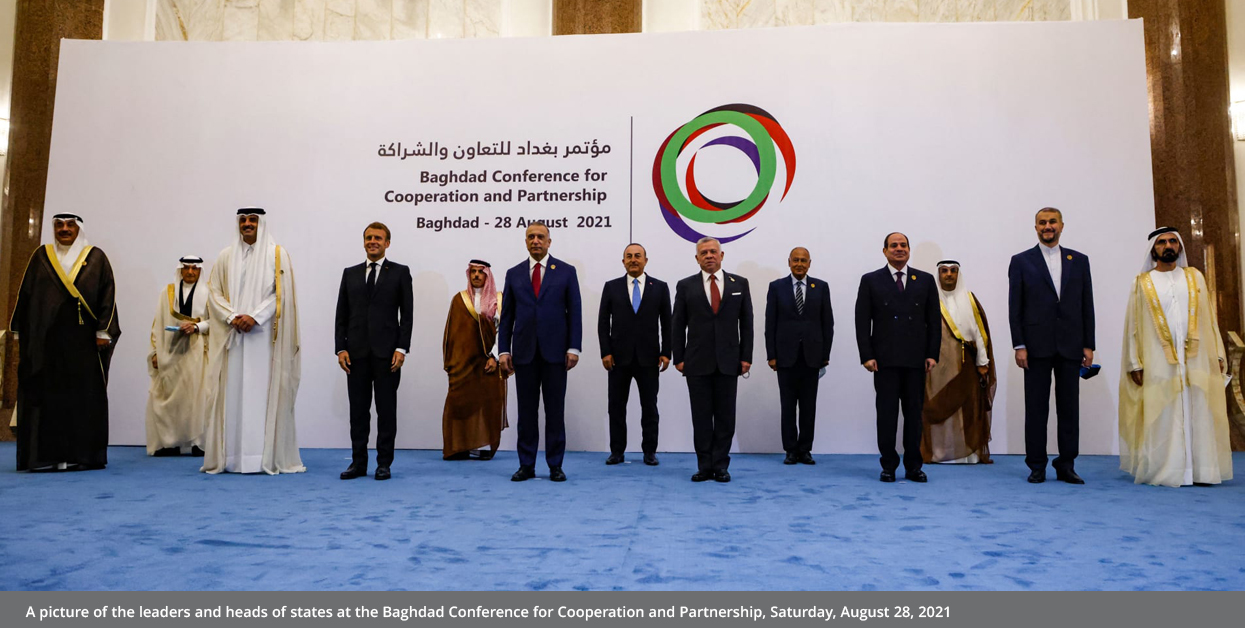
A Step on a Long Road
Jordan views developments in the region from a political viewpoint, as the signs of a breakthrough in bilateral relations indicate a contrast to the management of conflicts and rivalries. However, the friendly regional path is still in the beginning, and we have not yet seen the positive effects of this “friendliness”. At the same time, the Jordanian domestic issues may be more complex and serious when dealing with Iran, as the Iranian-backed armed groups are close to the Jordanian borders with both Syria and Iraq. This increases Tehran’s influence on Amman’s security environment and political sphere.
On the other hand, Amman looks with anticipation towards the Saudi-Iranian talks, as well as to Cairo and Abu Dhabi. Hence, The fate of these talks will undoubtedly determine the next step for Jordan towards its relations with Tehran, as well as the talks about what the nuclear agreement might achieve and how it will be reflected on Iran's regional behavior.
Therefore, we may conclude that the rapprochement between Iran and Jordan has been prompted by a number of motives and factors, which themselves may determine the course and nature of relations in the future.
Keep in touch
In-depth analyses delivered weekly.

Related Analyses:







